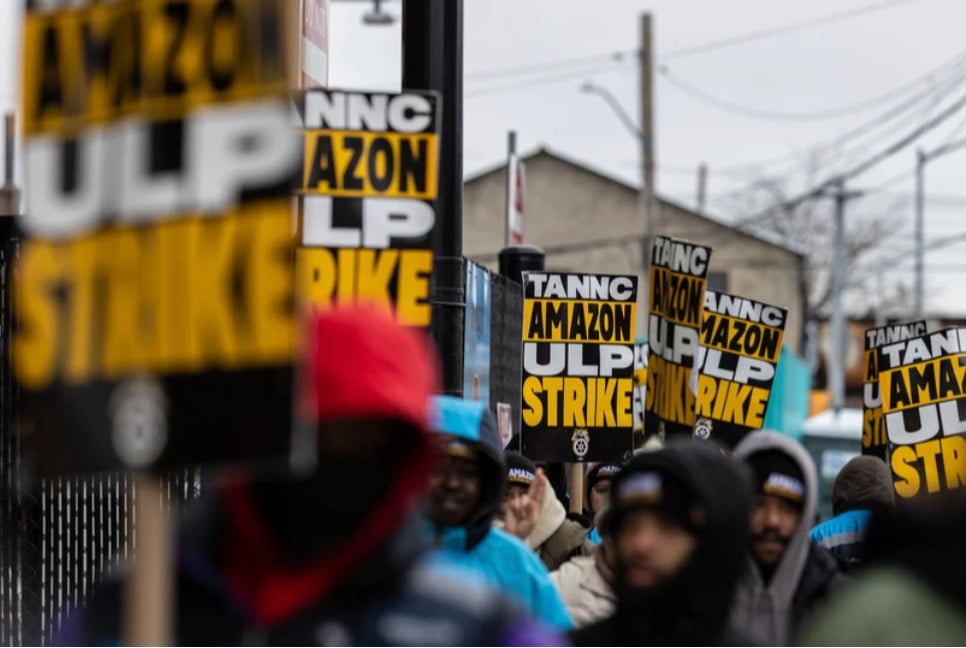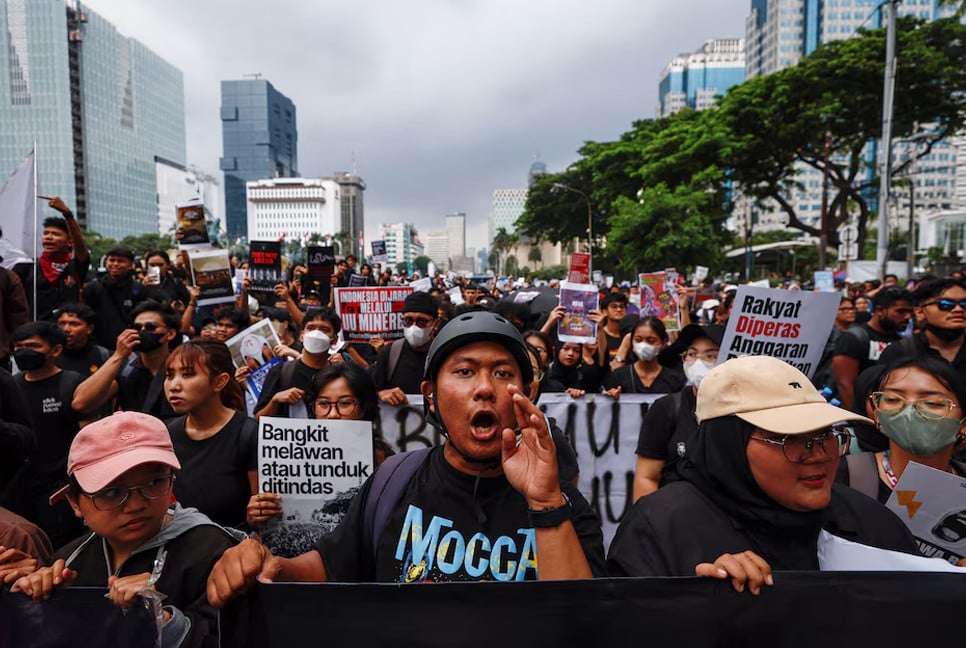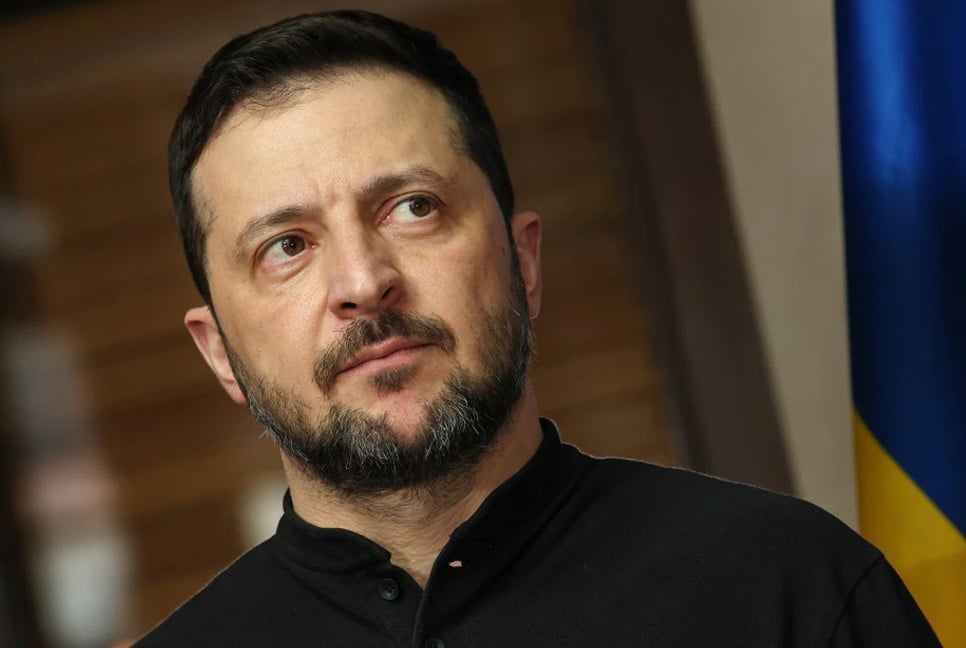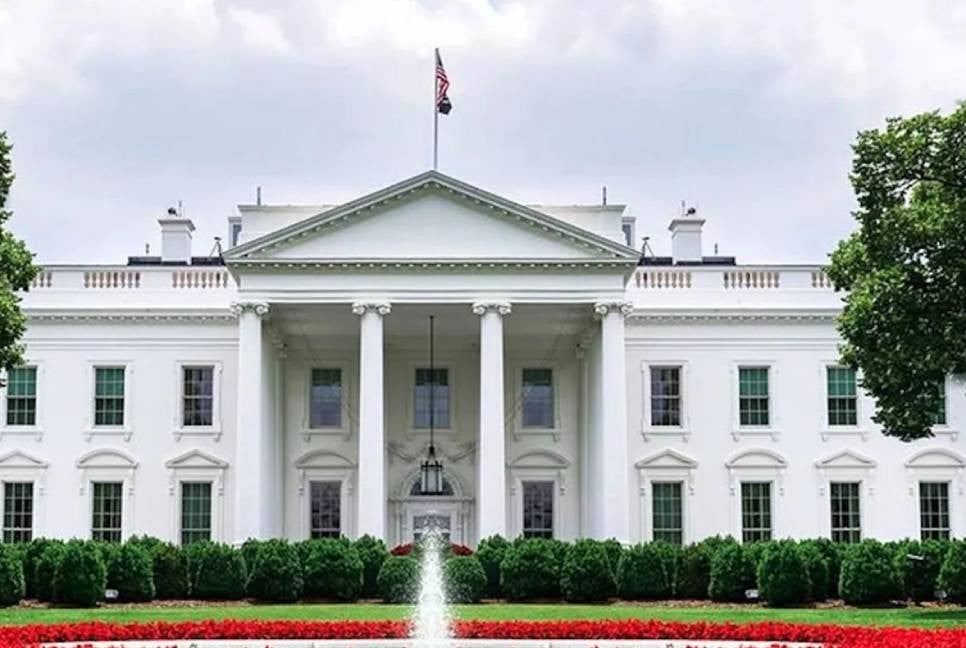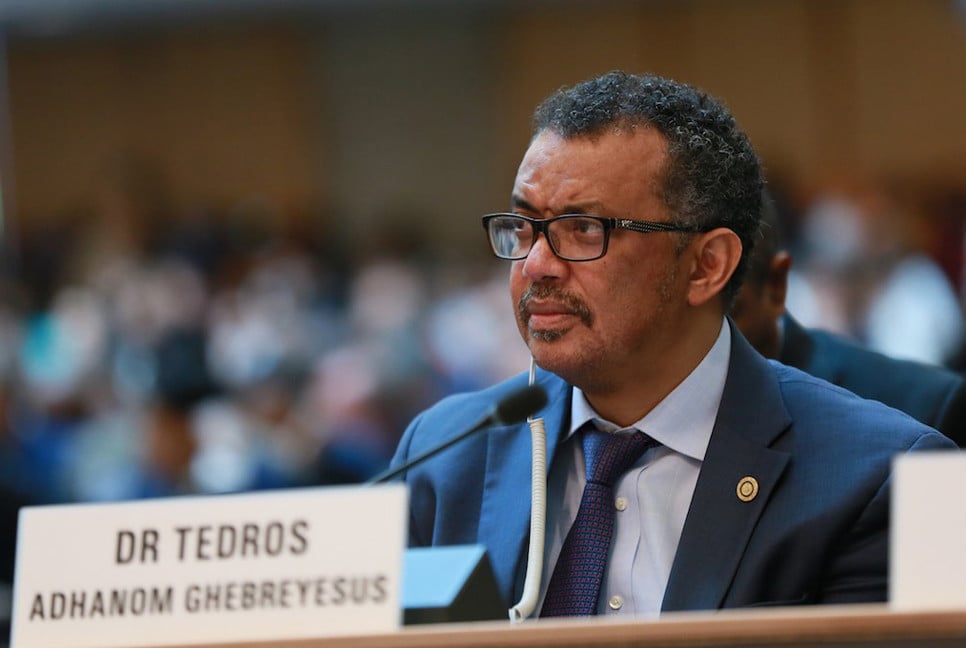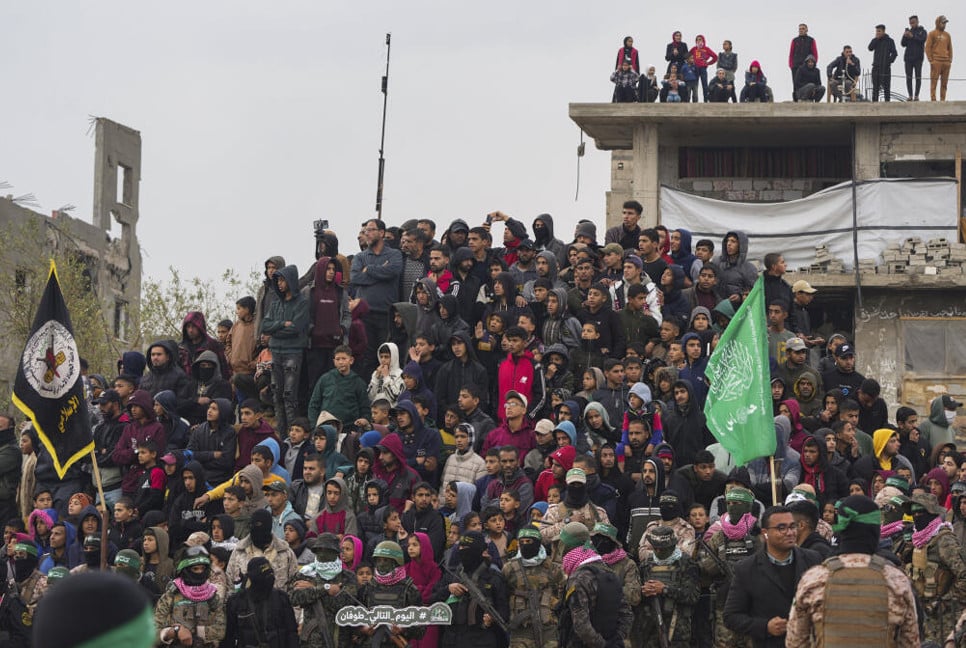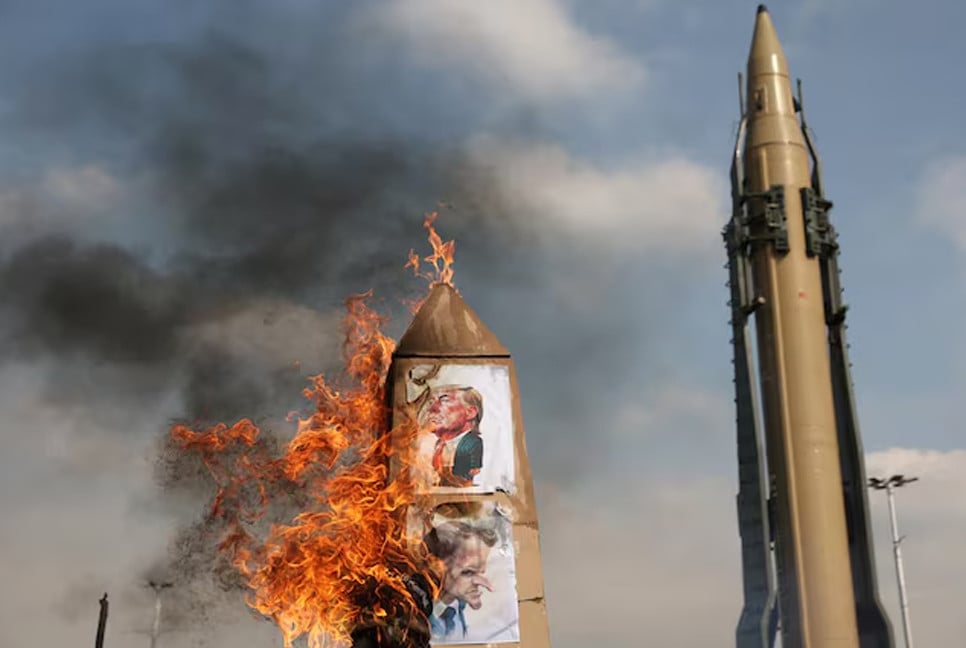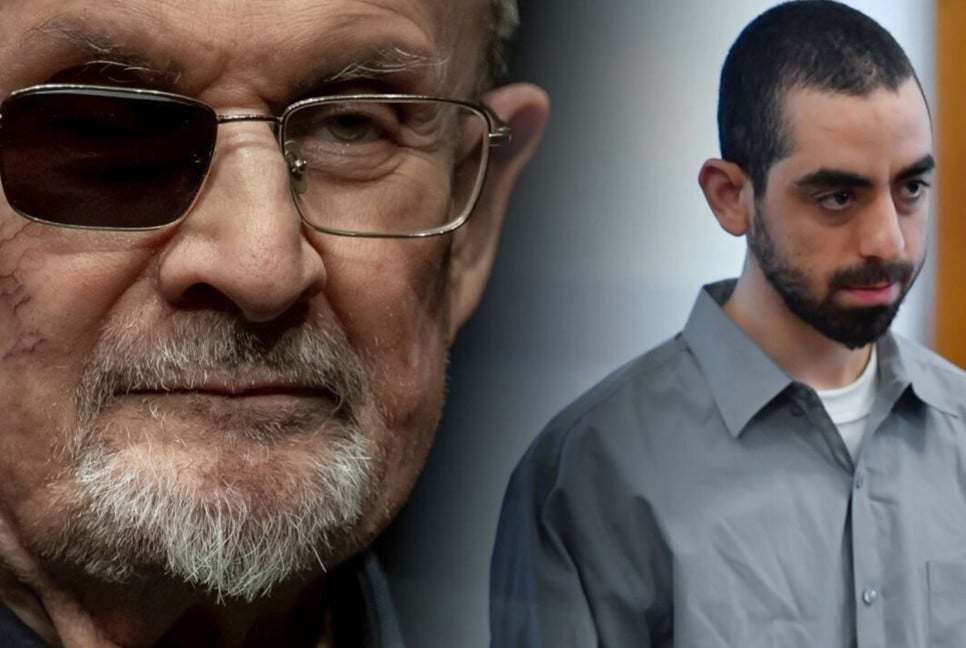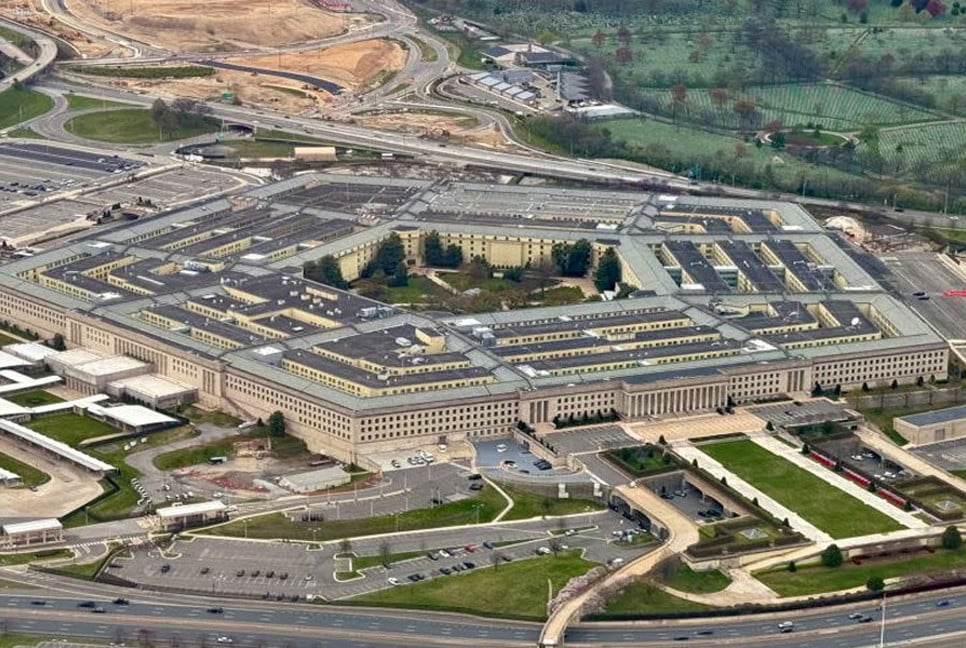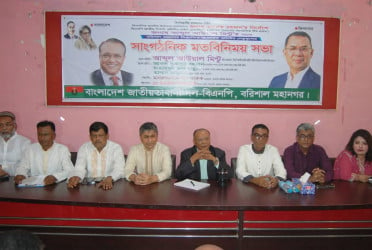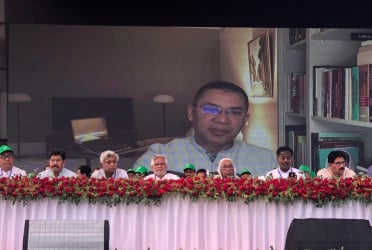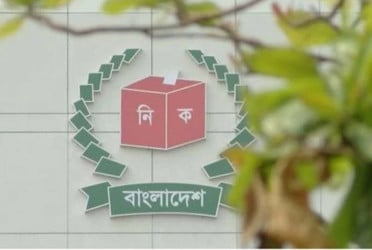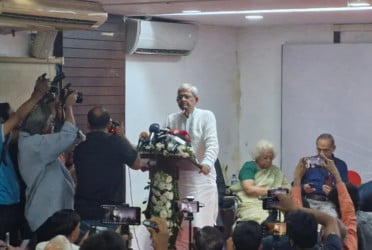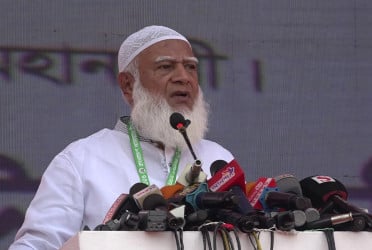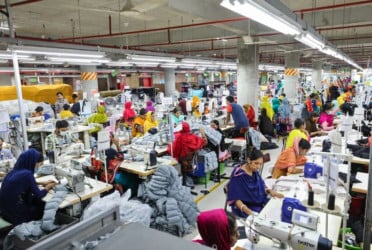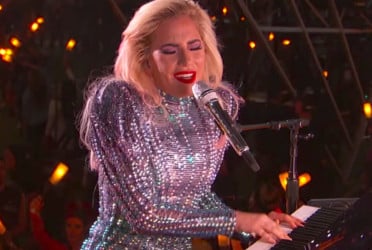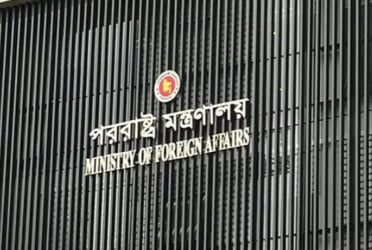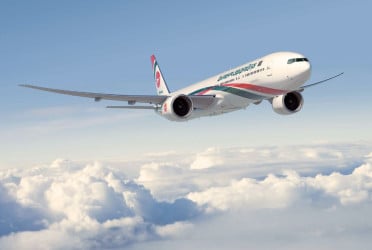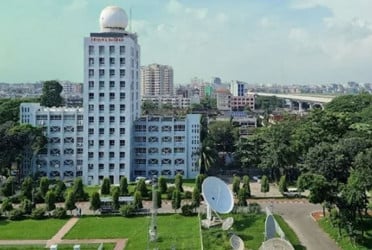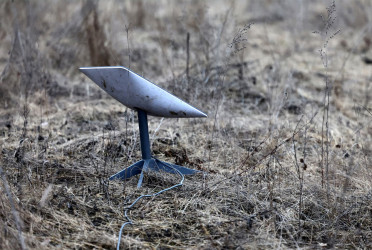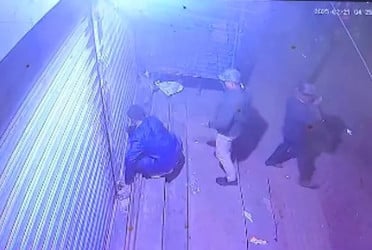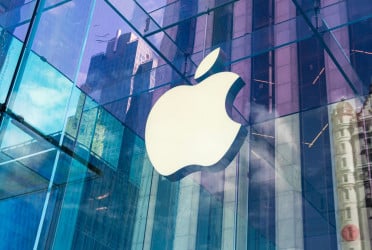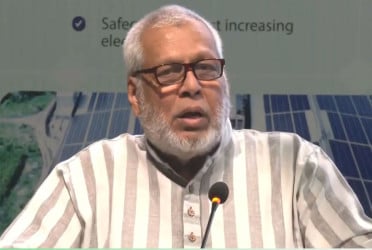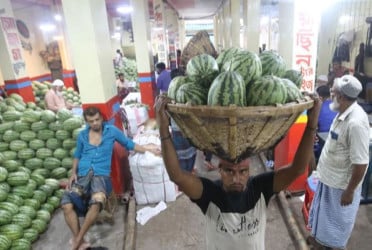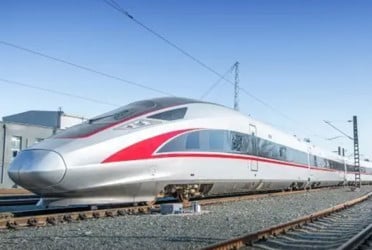Delivery drivers for Amazon and baristas at Starbucks staged strikes in multiple U.S. cities this past week, aiming to pressure the companies to recognize their unions or negotiate inaugural labor contracts.
The strikes, which began on Thursday and Friday, come during the holiday season—a critical period for economic activity—providing workers with greater leverage. Organized labor has seen notable victories this year, with major concessions won by unions representing Boeing workers, dockworkers, and Las Vegas hospitality employees. However, Amazon and Starbucks workers continue to face challenges in securing their first contracts.
Amazon drivers and warehouse employees, many of whom have voted to unionize, remain unrecognized by the e-commerce giant. The Teamsters union, which represents many Amazon workers, announced strikes at seven delivery stations in cities including Los Angeles, New York, and Atlanta. Additional strikes are planned at a major New York warehouse, which voted to unionize in 2022.
The Teamsters are advocating for higher wages, better benefits, and improved safety measures, citing economic insecurity faced by employees despite Amazon’s valuation of $2.3 trillion. Amazon has countered these claims, highlighting its $22-per-hour base wage and recent pay increases for subcontracted drivers. The company disputes the union’s representation of its workers, arguing that delivery drivers are employed by contractors rather than Amazon directly.
The National Labor Relations Board (NLRB) has challenged Amazon’s stance, filing a complaint in September that classified drivers as joint employees of the company. The NLRB has also accused Amazon of failing to negotiate with the Teamsters over drivers at a California delivery hub and has criticized the company for refusing to bargain with unionized warehouse workers.
At Starbucks, contract negotiations have been ongoing but remain unresolved. Starbucks Workers United, representing employees at over 500 U.S. stores, claims the company has failed to honor its February pledge to finalize a labor agreement by year-end.
The union launched strikes in Chicago, Los Angeles, and Seattle, with actions spreading to Denver, Pittsburgh, and Columbus over the weekend. Labor leaders say dozens of stores are now affected, with strikes potentially escalating to hundreds by Christmas Eve.
Union representatives criticized Starbucks’ proposed contract, which includes no immediate wage increases for unionized workers and only a 1.5% raise in future years. Starbucks, meanwhile, has defended its pay and benefits package, claiming baristas working 20 hours a week earn up to $30 per hour in total compensation.
The strikes at Amazon and Starbucks reflect broader labor unrest that gained momentum during the COVID-19 pandemic, highlighting economic inequality and frontline worker challenges. While some organizing efforts, including campaigns at Apple and Trader Joe’s, have succeeded, securing contracts has proven difficult.
Experts suggest the urgency of these strikes is heightened by political developments. President-elect Donald Trump is expected to appoint a Republican-majority NLRB, which could make union efforts more challenging. Trump’s recent nomination of Rep. Lori Chavez-DeRemer, a Republican with union support, to lead the Department of Labor has sparked speculation about how his administration will approach labor issues.
As holiday season strikes escalate, the outcomes may shape the future of labor relations at two of America’s most prominent consumer brands.
Source: AP
bd-pratidin/Rafid

